Smart Hands Cost-Benefit Analysis
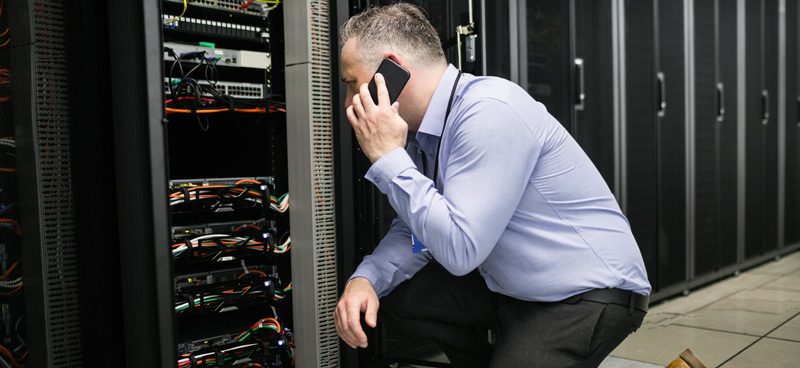
Imagine the following scenario. Late into the night, you receive an alert that a critical part of your server infrastructure has gone down, and the problem requires immediate attention. As a result, your e-commerce platform is no longer working, and customers around the world cannot purchase your products or services. The downtime for servers costs […]
Understanding Data Center Redundancy and High-Availability
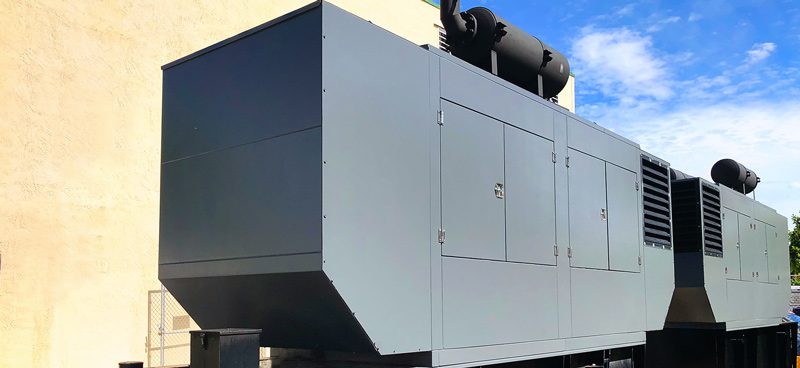
Businesses of all types (healthcare, financial, retail, communications, service professionals, etc.) need to ensure their computer operations are constantly running. Downtime means lost customers, damage to the reputation of the company, and other financial losses. Company computers need to have high availability, which means they need to virtually never fail. More and more businesses and […]
Choosing the best OS: Linux server vs. Windows Server
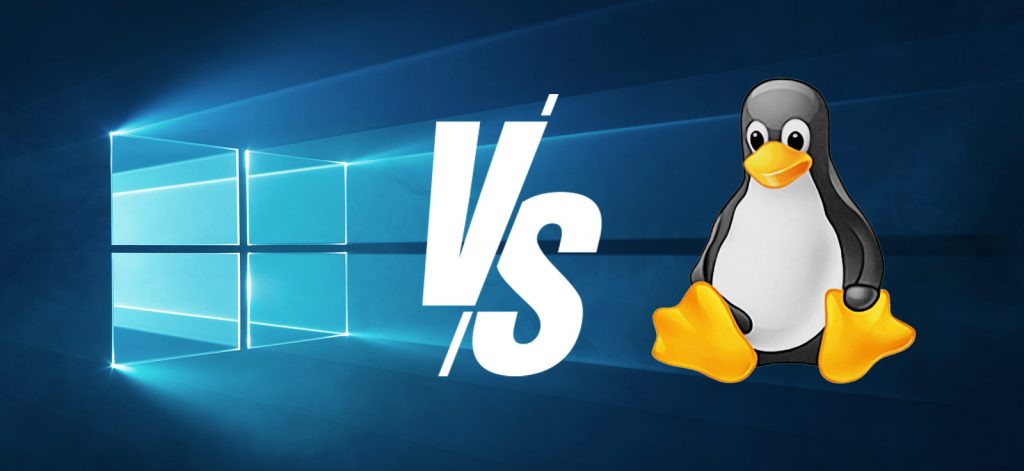
Linux Server A Linux-server is an extremely-powerful version of Linux open-source OS, which is projected to manage the most required necessities of business essentials like database management, network and system administration, and web services. These servers are more often preferred over other OS for flexibility, security, and stability benefits. Linux server OS contains Gentoo, Debian, […]
Linux vs. Microsoft Windows Servers
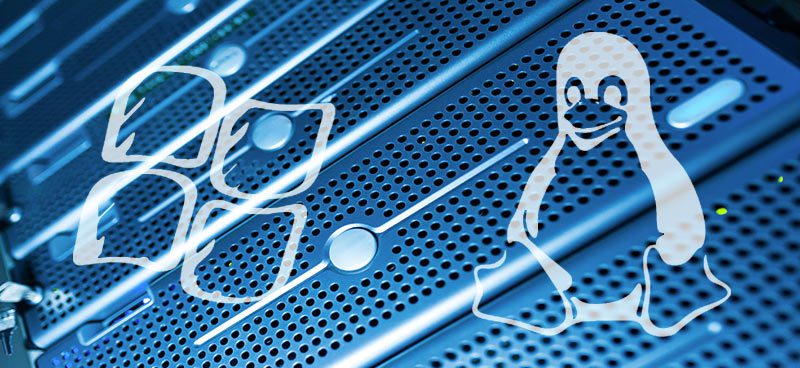
Linux and Microsoft Windows are the two main web-hosting services on the market. Linux is an open source software server, which makes it cheaper and easier to use than a Windows server. Windows is a Microsoft product designed to make Microsoft a profit. For many companies, the profit is worth the price. A Windows server […]
Understanding Clustering Capabilities For Servers
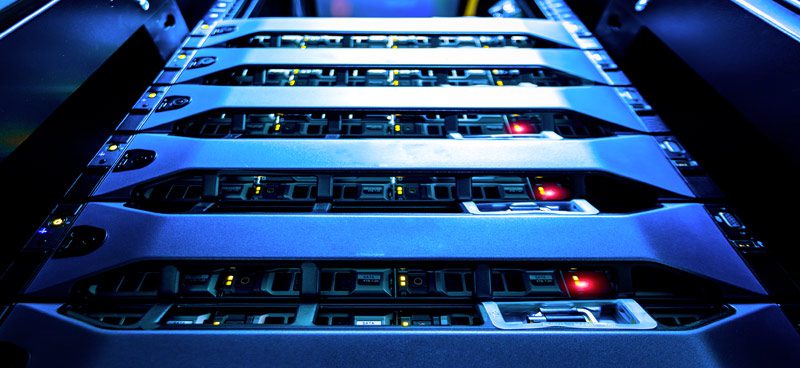
Server clustering refers to a group of servers working together on one system to provide users with higher availability. These clusters are used to reduce downtime and outages by allowing another server to take over in an outage event. Here’s how it works. A group of servers are connected to a single system. The moment […]
Why Does Your Business Environment Need Redundancy Solutions
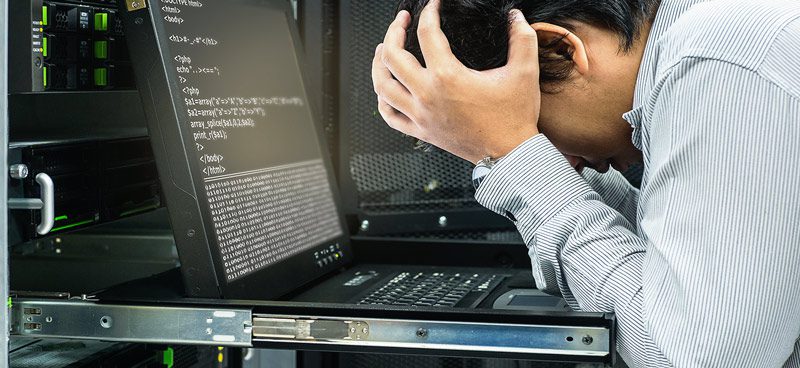
Redundancies signify components that need backup. Examples of this can be failures in the Ethernet cable, power supplies shortages or networking card errors. If these backup components are in place, then your business can rest assured that it will not suffer in the event of the primary source fails. The backup components act as the […]
Why a Miami Data Center Colocation Is a Smart Choice?

A business may want to outsource their data center or utilize a colocation facility for several reasons. Currently, 25% of companies choose to do so, but the numbers are rising rapidly because of the benefits involved. When you utilize a colocation facility, your operational costs go down because no additional equipment is required for power […]
Why Today’s IT Leaders Should Be Considering Colocation
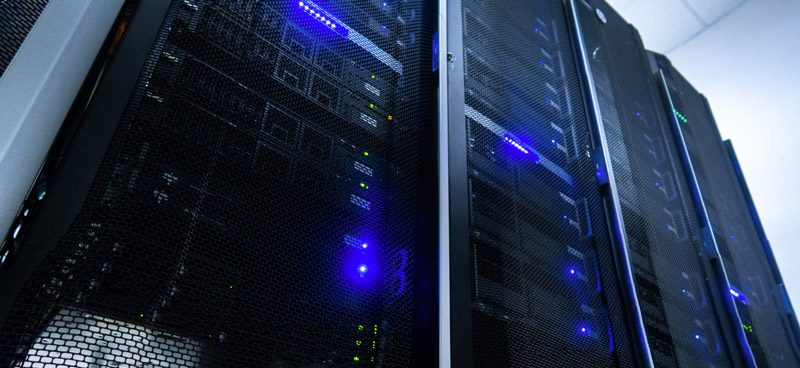
Technology has taken over the world over the course of the last few years. It looks like there is an innovation every day and each with more and more benefits than the previous one. Colocation is amongst the most incredible jumps of technology and innovation. This is simply where businesses bring their personal servers to […]
Must-Ask Questions Before Signing with a Colocation Provider
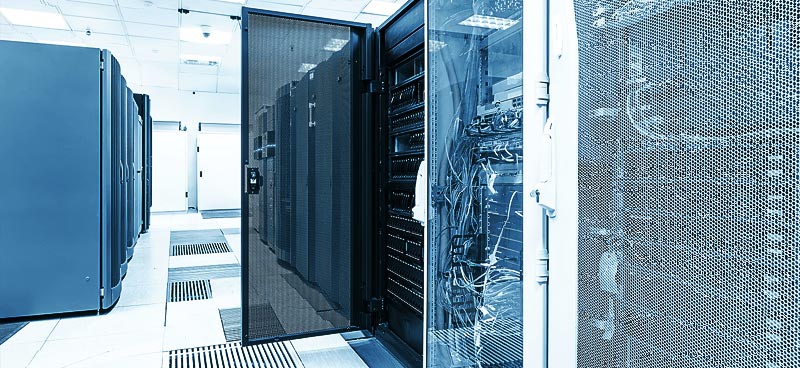
It’s always best to ask questions before you sign a contract, not just for legal reasons, but also for practical reasons. When signing with a colocation provider, by asking the right questions, you can make the best choices for your IT needs. Some of the key questions to ask before entering into a colocation contract […]
Factors to Consider When Choosing a Data Center Provider
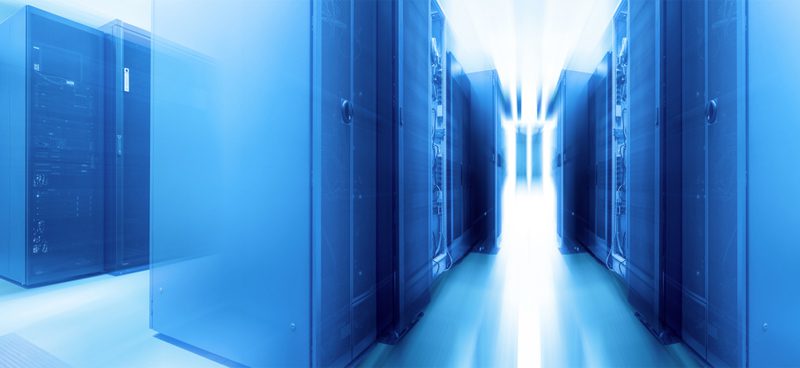
Companies are transitioning to data centers because they can save capital costs, expand the company’s network, and be positioned to grow into the future. Migrating to a data center can be a timely and expensive proposition. Some of the key decisions businesses should consider in choosing the right data center are: Scalability. The provider should […]
